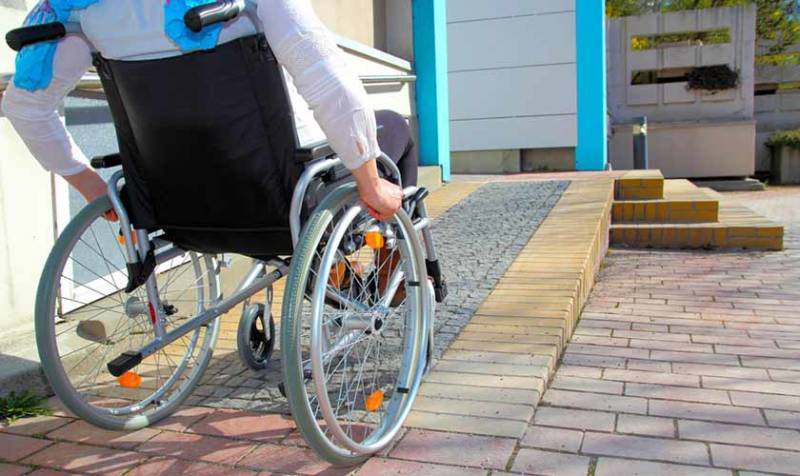
On December 13, 2006, in the 61st session of the General Assembly, the Convention on the Rights of Persons with Disabilities (UNCRPD) was adopted. This international human rights treaty promotes, protects, and ensures the full and equal enjoyment of all human rights and fundamental freedoms by all specially-abled people. To this day, 184 parties have ratified the convention. Pakistan formally endorsed the convention on July 5, 2011, and vowed to devise policies for the betterment of persons with disabilities (PWDs).
On September 16, 2020, a joint sitting of the Parliament passed a new law to curb discrimination against PWDs and ensure their social, economic, and political rights. The legislation called for equal participation of persons with disabilities in socio-political life, providing them equitable education and employment, and prohibited any kind of intolerance and abuse against them.
The Supreme Court of Pakistan, in a landmark decision in August 2020, prohibited the use of derogatory terms such as disabled, “physically handicapped”, and “mentally retarded”. Instead, the court ruled, terms like “persons with disabilities” or “persons with different abilities” should be preferred in all government communication. The court also ordered that these people should be provided with equal opportunities of education, and a 2% quota fixed in all government jobs based on merit.
The conditions on the ground, however, are different from what the laws prescribe. Inaccessible classrooms, mobility constraints, and unavailability of accessible reading materials deny equal opportunity to students with disabilities in educational institutions. The government often fails to comply with the 2% quota in jobs. This leads to protests, such as the one in Lahore on October 4, 2024, during which visually-impaired protesters clashed with the police while attempting to reach the Chief Minister’s office. They demanded the government fulfill its responsibility and provide them with jobs based on the disability quota. The protestors shared that the government always made false promises to lift the ban on the jobs after every previous protest. Around 600 specially-abled people that had been given daily-wage jobs requested for permanent jobs, especially considering that 7,000 seats allocated for PWDs are still vacant in 40 departments of the provincial government.
At the social level, the discrimination persists. To some people, PWDs are viewed as weak, vulnerable, and hence deserve their unwanted sympathy. For others, having a disability means a person is not capable of completing their tasks independently. Both assertions contradict reality. PWDs, if provided with an accessible environment, can compete equally with their colleagues and are capable of accomplishing all assigned responsibilities.
Globally, the emergence of artificial intelligence has created numerous new possibilities for people with disabilities. Companies such as Meta and Apple are investing to make their platforms accessible for everyone. Through their products, Meta’s smart glasses for instance, are making visually impaired users navigate their surroundings independently. In its recently announced IOS-18, Apple introduced I-tracking, an accessibility feature that allows users to control their iPhone with just eye movements. In Pakistan, however, the progress for adoption of assistive technology has been slow. For screen reader users, there is hardly any efficient text to speech engine and the optical character recognition software that can convert Urdu literature. into speech. Moreover, wheelchair users are often ignored while constructing new public buildings. Lack of ramps and elevators deny them the chance to live an independent life.
As Louis Braille, the inventor of Braille, the method of reading and writing for persons with visual impairment, puts it: “We must be treated as equals—and communication is the way we can bring this about.”
There is an urgent need for disability awareness in Pakistan. The government, as well as civil society, should step forward in arranging conferences, television shows, and social media campaigns to teach the countrymen how they can treat PWDs appropriately and with respect. Technological equipment, such as screen-reading software, Braille notetakers, accessible reading materials, and wheelchair-accessible pathways and entrances must be a priority.
While devising strategies, the government should ensure that the voice of people with disabilities is given its due significance. It is they who are best aware of their issues and the way they can be overcome.
According to Human Rights Watch organisation, Pakistan has around 27 million people with some form of disability. Therefore, there is a strong need to step up the efforts for their education and employment. People with disabilities can accomplish all tasks, but their way of reaching the destination may be different from other people. By providing them equal opportunities to excel in life, we can foresee an inclusive tomorrow for our society.

